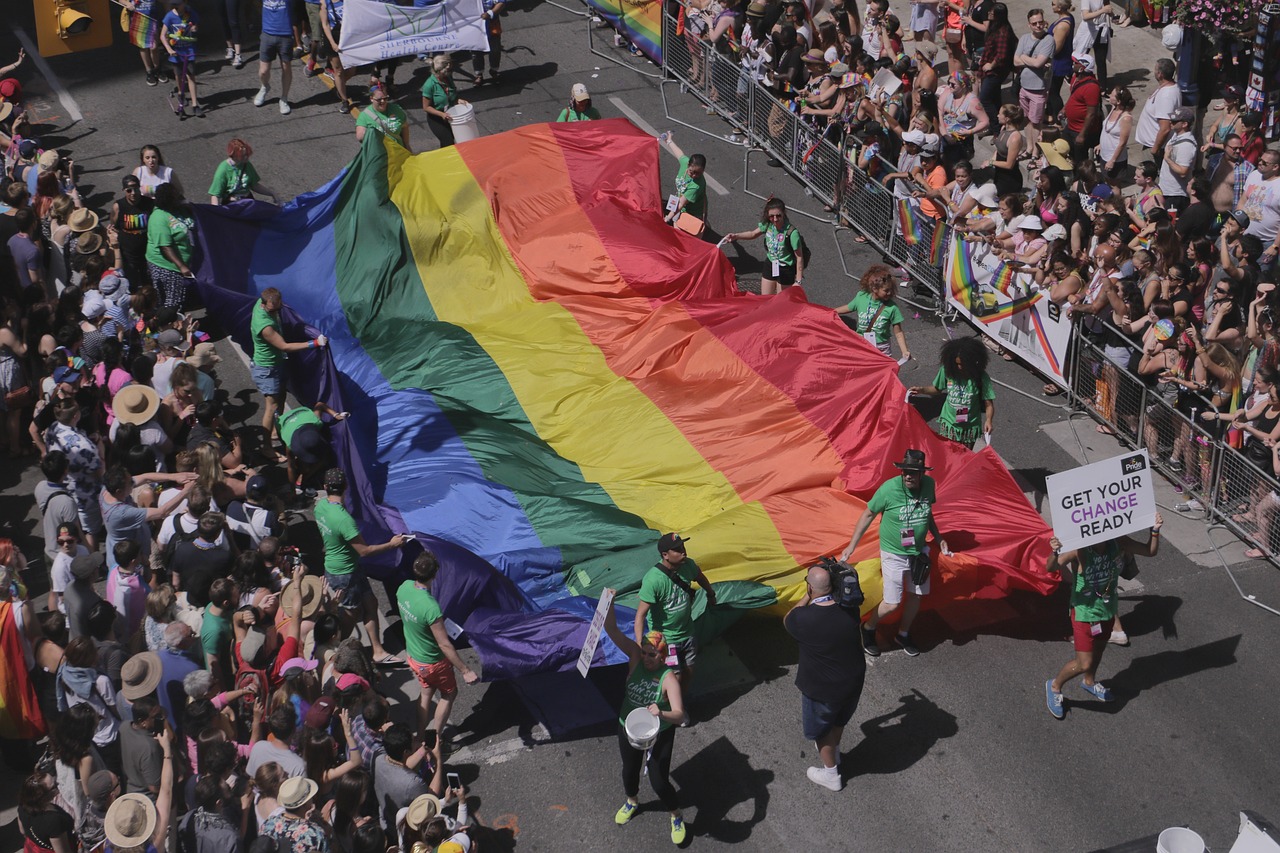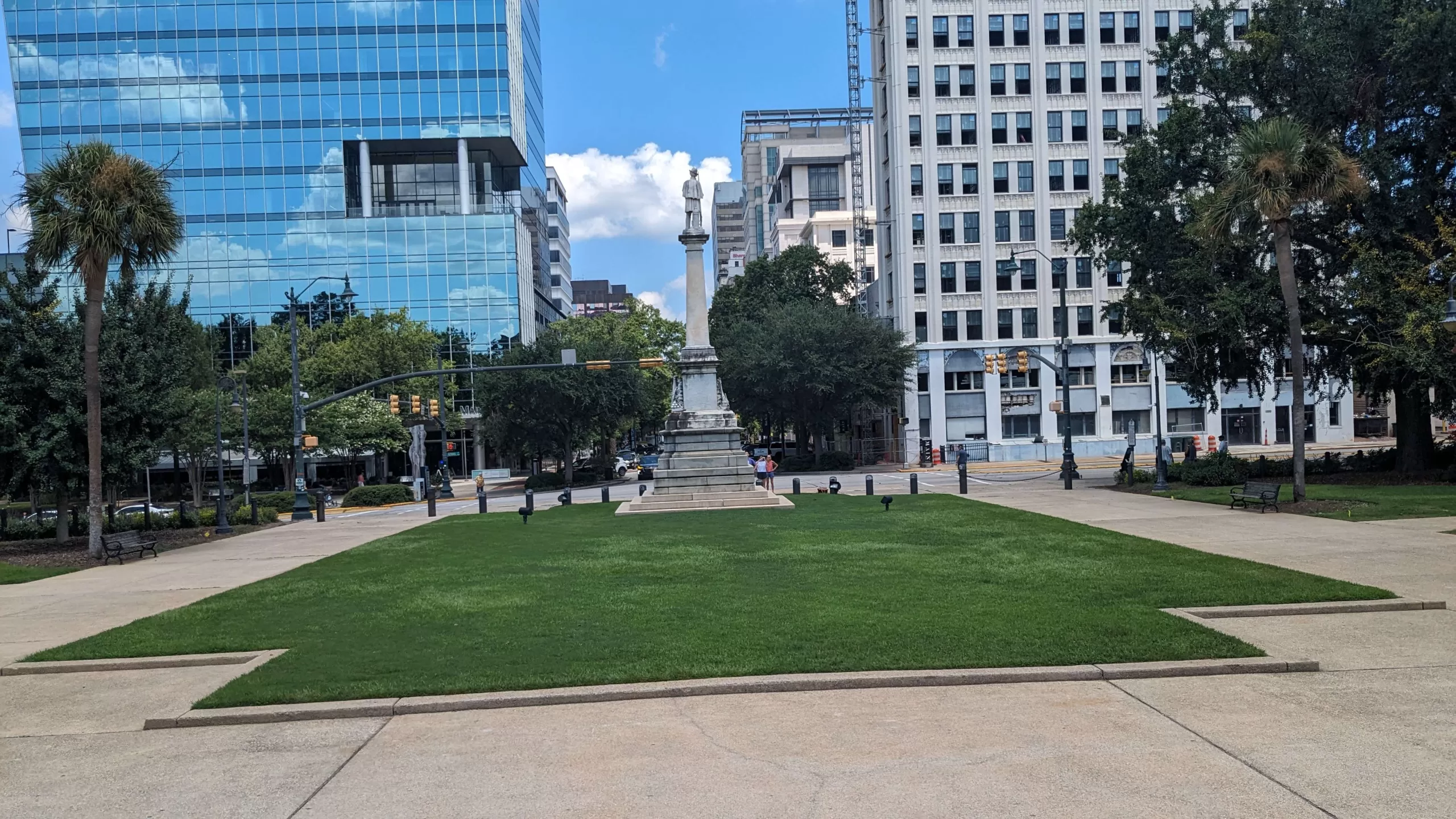This interview was originally published in March 2023.
Faith Cardillo (she/they) is an athlete, political activist and advocate from Union, New Jersey. Faith is a member of the NJ Youth Legislative Council, a member of the National Training Team for Students Demand Action, and a contributor to the policy team for March for Our Lives NJ.
this piece includes three sections:
i. quest: personal experiences with change & agency
ii. imagination: visualizations of a different, better world
iii. bridges: thoughts about change & the bridge from one reality to another
i. quest
It was witnessing the 2018 shooting in Parkland, Florida which brought me into the world of activism. I went to my first protest, in New Jersey, soon after. I was thirteen. In that moment, I thought, “this is what I want to do when I’m older,” but I was also hoping it wouldn’t be necessary. Of course, now we know that a future that doesn’t need activists isn’t a possibility.
In freshman year of high school, we went into lockdown because of a gun threat. It was a huge wakeup call for me. It had happened in my own school, in my own state, which was supposed to be a pioneer for gun violence legislation.
My parents taught me to love everyone no matter what, and that still holds true. I’ve done human rights activism through social media for some time. Then I start organizing protests instead of just attending them; my first was a March For Our Lives protest in my town and it has snowballed since. Last Fourth of July weekend, I ended up being the head organizer for the Roe v. Wade protest in my town–a “pro-choice pro-test”, which I thought was cute. I was pleasantly surprised at the turnout, and it was so cool that I was able to mobilize people as a young person working in the span of a week.
Thankfully, I had community around me, because I couldn’t have done it on my own. I’ve met a lot of incredible activists who are starting their own campaign to take down the gun industry, which has been awesome to watch: youth from across New Jersey creating this program and bringing it to life.
Now I’m working with QYA on the upcoming march. We’re in a space where we’re unified towards one common goal, and to see that flourish has been awesome.
ii. imagination
I hope to see an assault rifle ban on a national level. We need stricter gun reform. There were 52 mass shootings within the first two months of this year. If that isn’t a wake-up call to our nation, I genuinely don’t know what else will be. I want to see action taken against police brutality. I want expansions to trans healthcare and more protections for the trans community. I want legislation that lets trans athletes play. I want the battle against anti-trans legislation to be won.
In the coming years, I want to do activism work, but I will do it in hopes of helping create a world where we don’t have to rally and organize just to live unafraid.
iii. bridges
Our biggest strength is that they can’t ignore us. So many of us just became eligible to vote, or will be eligible soon, and people in power will be forced to realize that they can’t just continue the status quo because we will vote them out. It’s part of the process of us finding our voices and our power within that.
I want to be a politician. Some people are surprised when I say that, and I know it’s not an easy job. But it’s one thing to advocate for change and hope it happens, and another to advocate for change and make sure it happens. I want to do the latter, and politics is one path to that.
There are a ton of issues in education that are coming to light, especially recently with book bans over minority representation. Brainwashing students into believing what those in power want them to believe instead of the truth. The state legislature has the most control over our curriculum and funding, so politics is one of the most direct ways to influence the educational system.
Over time, the more comfortable I got with my own identity, the more I felt responsible to show up, especially when it came to seeing visibility as a form of activism. Growing up, I don’t remember a single movie or TV show or book talking about being asexual. I had no representation of that as a kid. So being that for somebody else is important to me. I see activism not only as a way to give others hope but also to give them someone to look up to who has some of the same experiences. Society made me feel different, made me think there’s something wrong with me, and there’s nothing wrong with me. Being queer informs my activism in that I’m looking for ways to help people be seen and heard so that they can be free from that.
I’m trying to get my school to introduce an LGBTQ history elective. We need this representation. There’s so many people feeling lost and confused and wondering if there’s something wrong with them when there isn’t. When I took history, they didn’t even mention Stonewall, even though it was such a pivotal moment for society at large. We need change so that eventually we don’t have to come out, so there doesn’t have to be a massive “Whoa, you’re gay??” No, I’m human.



